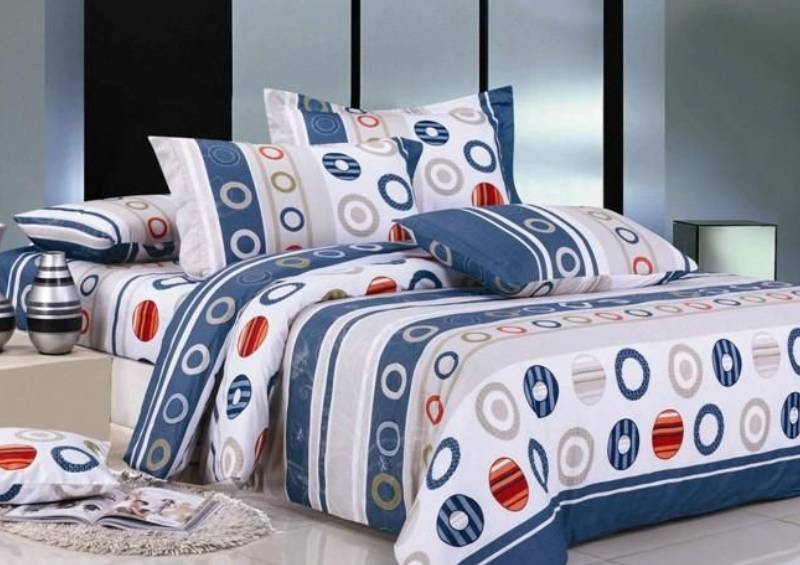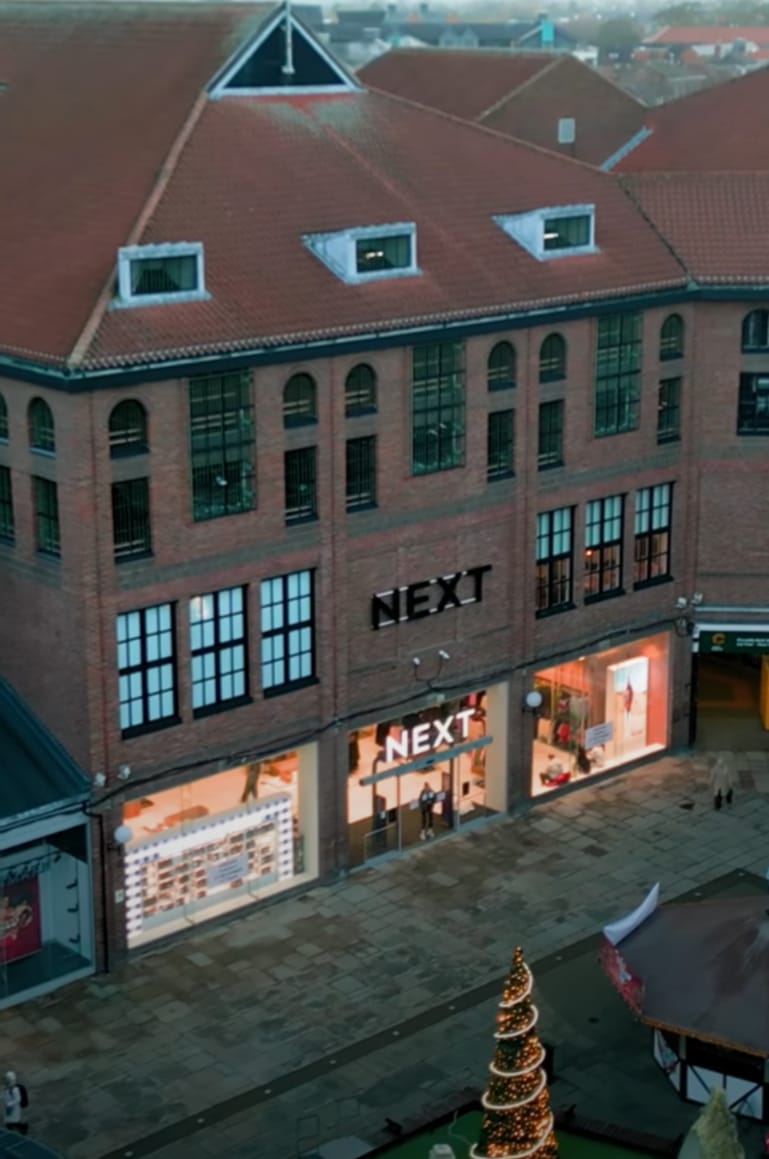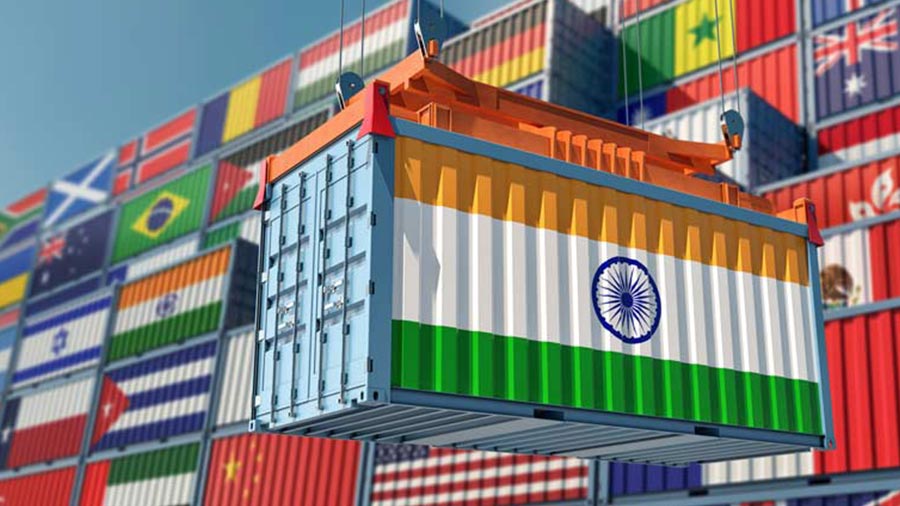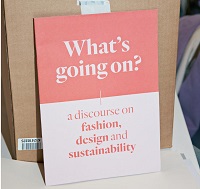 Brands and manufacturers are debating as to whether sustainability initiatives will take a back seat after COVID-19, as economic resurgence takes precedence. The fifth Fashion Transparency Index published by Fashion Revolution Week explores how brands, manufacturers and thought-leaders are analysing current metrics and adapting sustainability and climate change initiatives in the face of COVID-19.
Brands and manufacturers are debating as to whether sustainability initiatives will take a back seat after COVID-19, as economic resurgence takes precedence. The fifth Fashion Transparency Index published by Fashion Revolution Week explores how brands, manufacturers and thought-leaders are analysing current metrics and adapting sustainability and climate change initiatives in the face of COVID-19.
Secure future for inherently sustainable brands
One of the views proposed in this index is that of Francois Souchet, Lead, Make Fashion Circular at the Ellen Macarthur Foundation. Souchet believes the sustainable transformation plans of those brands, who have adopted waste management and sustainability initiatives at the core of their businesses, are secure.
Echoeing this view, Hakan Karaosman, fashion supply chain and sustainability expert at the United Nations Economic Commission for Europe declares in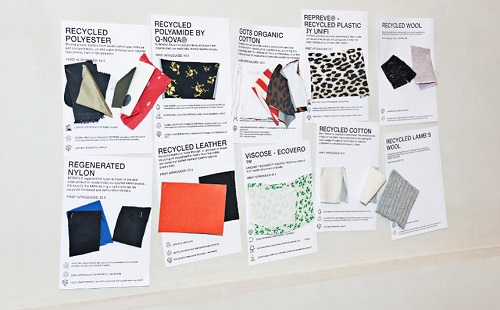 future, only those brands that incorporate inherent sustainability will survive. Karasoman advocates for lean, simple and transparent supply chains during this crisis,
future, only those brands that incorporate inherent sustainability will survive. Karasoman advocates for lean, simple and transparent supply chains during this crisis,
Karl-Hendrik Magnus, Senior Partner at McKinsey and Company in Frankfurt and leader of the Apparel, Fashion & Luxury Group point out though sustainability had dropped off the agenda for the past few weeks, well-performing companies in Western Europe can now bring sustainability back onto the agenda by communicating clearly their brand purpose and commitment to the safety of customers, staff and those involved in the industry must continue.
Smart solutions and closer relations
Magnus expects sustainability shift to accelerate post COVID 19. He also expects COVID-19 to accelerate close partnerships between brands and suppliers across all market segments, from value products to luxury.
Eva Kruse, CEO of Global Fashion Agenda expects the industry introduce to some smarter solutions to make use of all these great products. She also expects brands to build closer relationships with their suppliers across the value chain for better insights and impacts.
Smarter use of funds
Céline Semaan, Founder, Slow Factory offers a holistic view of the situation. The fashion industry should change everything from its fast-paced fashion calendar to the overproduction of goods, exploitation of land, labor, and exotic animals, the way it capitalizes on movements such as Earth Day and all efforts around that day/month focusing on profit-driven initiatives. Semaan appeals brands to redirect their marketing budgets into impact funds to support and fund food banks, give out grants to the creative community and support more grassroots nonprofits working in climate and human rights impact.
Ensuring radical transparency in production
The vice president of BOMBYX, Hilmond Hui says interrupted supply of materials post COVID-19 will increase the cost of silk manufacturing by 10 per cent. The manufacturer aims to shift traditional perceptions on the silk industry by offering radical transparency and traceability of how their silk is produced, traded, dyed and constructed.
Hui also urges all manufacturers to look at all available technologies that can be applied to their processes, particularly those that help harness the power of renewable energy, as well as energy reduction. According to him, both brands and consumers will begin to be more scrutinizing when it comes to where, how, and why things are made.
Demonstrating the precarious position of manufacturers at this time, Sanjeev Bahl, CEO and Founder of Saitex explains pricing matrix will be a battlefield in the coming months. According to him, an overabundance of inventory will cause issues, such as discounting and consequently slashed margins. He therefore, advises brands to get to a manageable size and be in a position to say no to excess inventories.




